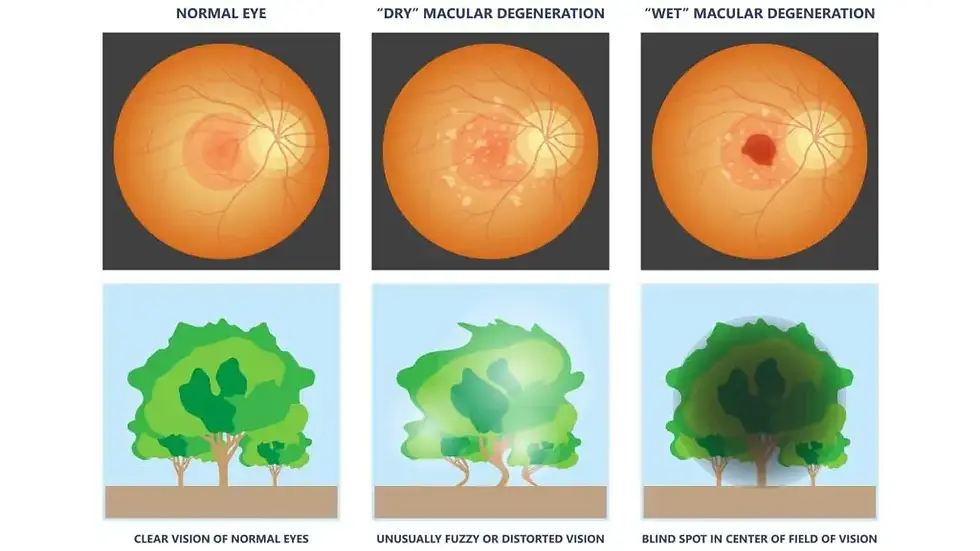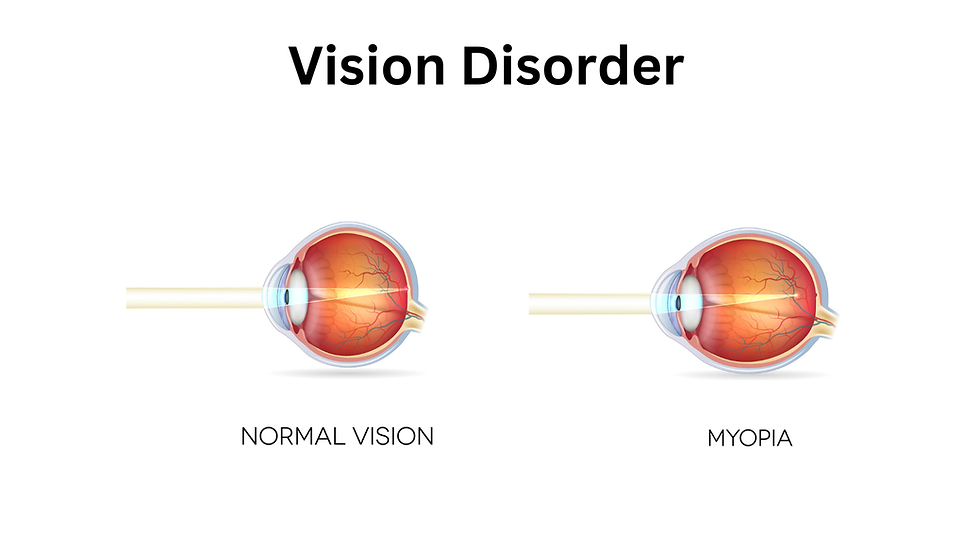How Smoking and Alcohol Affect Your Eyes: What You Need to Know
- visionopolisclinic
- Jun 30, 2025
- 2 min read
As an optometrist, I often emphasize how lifestyle choices impact eye health—not just diet and screen time, but also habits like smoking and alcohol consumption. Many people are unaware that smoking and excessive alcohol intake can lead to serious and sometimes irreversible eye damage. Understanding these risks is crucial to protecting your vision for the long term.
The Impact of Smoking on Eye Health
Smoking is one of the most harmful habits for your eyes. It directly increases the risk of several serious vision-threatening conditions, including:
1. Age-Related Macular Degeneration (AMD)
Smoking significantly increases your risk of developing macular degeneration, the leading cause of vision loss in people over 50. It reduces the blood supply to the retina and damages the macula, which is responsible for sharp central vision.

2. Cataracts
Smokers are twice as likely to develop cataracts—a clouding of the eye’s natural lens. Toxins in cigarette smoke accelerate the breakdown of the eye’s proteins, leading to lens opacity.

3. Dry Eyes
Smoking contributes to chronic dry eye syndrome by affecting tear film quality and increasing eye surface inflammation. Smokers often experience irritation, redness, and blurry vision due to inadequate moisture.
4. Optic Nerve Damage
The toxic chemicals in cigarette smoke can damage the optic nerve, which carries signals from the eye to the brain. This can lead to glaucoma or even permanent vision loss in severe cases.

How Alcohol Affects the Eyes
While moderate alcohol use may not cause immediate damage, excessive or chronic alcohol consumption has several negative effects on visual function:
1. Nutritional Deficiencies
Heavy alcohol use impairs the absorption of key nutrients like vitamin A, B12, and folate, all essential for eye health. Deficiency can lead to optic neuropathy, a condition causing blurred or reduced vision.
2. Eye Muscle Weakness and Double Vision
Alcohol depresses the central nervous system, which can cause eye muscle incoordination. This may lead to double vision, delayed reaction times, and reduced peripheral awareness.
3. Increased Risk of Retinal Damage
Chronic alcohol abuse is linked to long-term retinal toxicity, increasing the risk of retinal thinning and vision disturbances.
4. Bloodshot Eyes and Puffiness
Alcohol dilates blood vessels, including those in your eyes, leading to redness and puffiness. Over time, this can make the eyes appear consistently irritated.
Tips from an Optometrist
Quit smoking—it's the single best thing you can do for your eyes and overall health.
Limit alcohol intake to recommended levels.
Get regular eye exams to monitor for early signs of damage.
Eat a nutrient-rich diet high in antioxidants to support healthy vision.
Use protective eyewear and maintain a healthy lifestyle to complement these efforts.

QUIT SMOKING AND DRINKING
Final Thoughts
Your eyes are not immune to the harmful effects of smoking and alcohol. These habits can accelerate age-related eye diseases and cause permanent damage to your vision. As your optometrist, I encourage you to make informed choices. Protecting your sight starts with taking care of your overall health.






Comments